

A family in Nairobi is agonising over the mysterious disappearance of their kin. Bashir Mahmoud, a businessman who holds duo American and Kenyan citizenship was last...


Qatari authorities should immediately disclose any charges against blogger Malcolm Bidali or release him, and not try to silence critical reporting on the country’s labor rights...


One week after Forbes magazine released a list of Africa’s richest musicians’ list, Bongo Flava star Diamond Platnumz has dropped an advice to the American magazine....
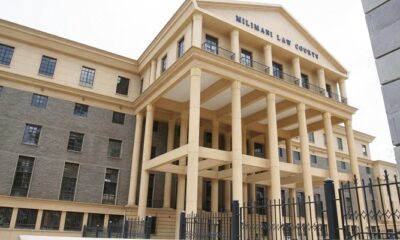

Top bosses of Nokia Corporation and their lawyers have moved to the High Court to quash criminal charges brought against them by a former partner turned...
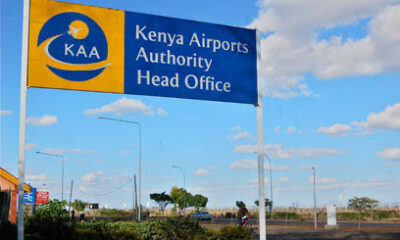

In 2014, Relief & Mission Logistics won the contract to ferry passengers on the airside at the Jomo Kenyatta International Airport (JKIA) for a period of...


There is a famous proverb, which is Necessity is the mother of invention. One of the benefits to live in the digital world is that all...
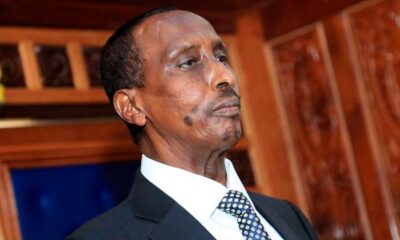

Senators have voted in favor of the removal of Wajir Governor Mohamed Abdi Mohamud from office. Even though the under-fire Mohamud pleaded passionately for leniency not...
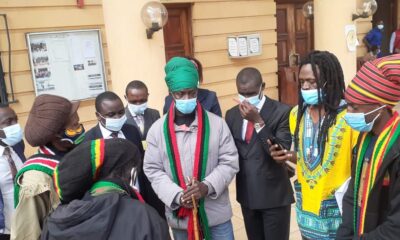

The Rastafari Society of Kenya has filed a petition challenging the validity of the Narcotic Drugs and Psychotropic Substances (Control) Act No. 4 Of 1994 that prohibits...
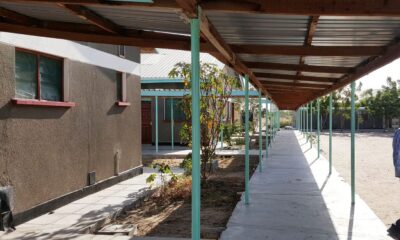

A Kshs. 47 million heath centre project in Sabuli town, Wajir South constituency is wasting away 11 years after completion. The contractor Aden Yusuf said after...
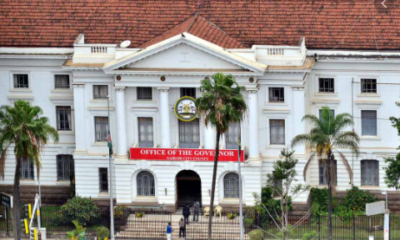

When President Uhuru Kenyatta established the Nairobi Metropolitan Services in March last year, he tasked Major General Mohamed Badi and his team with dismantling cartels in...
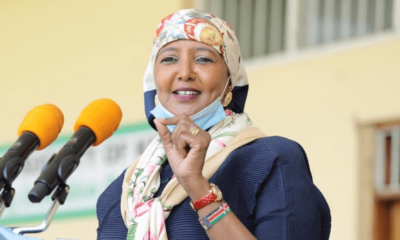

Cabinet Secretary for Sports Amina Mohamed has unveiled a raft of measures that will guide the resumption of sporting activities in the country but spectators will...


Irish MMA fighter Conor McGregor was the world’s highest-paid athlete over the last year ahead of soccer players Lionel Messi and Cristiano Ronaldo, according to the annual Forbes list...


Court has given the struggling Nairobi Hospital green light to fire over 200 employees in a move aimed at reducing costs, uprooting under performing staffers and...


Tesla has suspended vehicle purchases using bitcoin due to climate change concerns, its CEO Elon Musk said in a tweet. Bitcoin fell by more than 10%...


Shelter Afrique, the Pan-African housing development financier, has inked an MoU with Triangle Real Estate, a Juba-based real estate firm to develop 26,000 housing units for...


The troops serving under the AMISOM have been granted a mandate to continue staying in the country, days after they began drawing back to their barracks...


Detectives from the Ethics and Anti-Corruption Commission (EACC) have unearthed a paper trail of how the former Nairobi governor Dr. Evans Kidero swindled money from City...
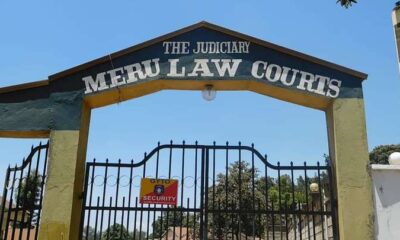

Court proceedings at the busy Tigania Law Courts were on Tuesday paralysed after lawyers from Meru County held demonstrations demanding the transfer of the magistrate in...


A director and agent of a travel agency have been charged with obtaining over Sh 14 million from a football club of Republic of Congo. Abdikhani...
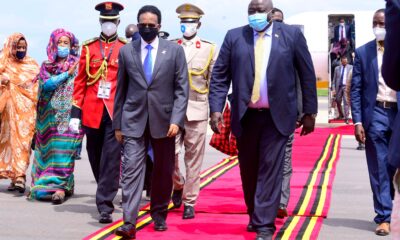

Somalian president Mohamed Fermaajo and his South Sudanese counterpart Salva Kiir are spending the night in Kampala ahead of the swearing-in ceremony of President Yoweri Museveni...